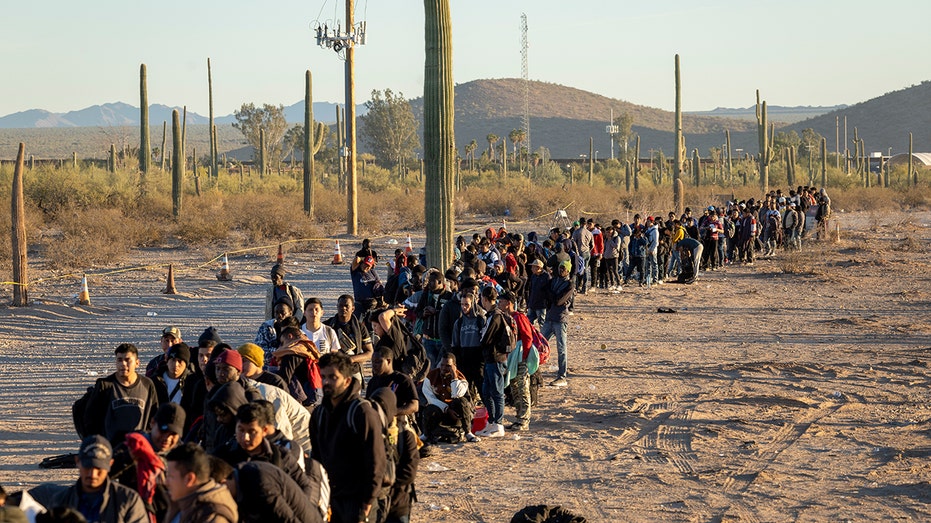Phelps slams World Anti-Doping Agency over China row as US considers defunding
Phelps and fellow US Olympic swimming star Allison Schmitt gave evidence at a congressional hearing.


Michael Phelps said athletes can no longer place their faith in the World Anti-Doping Agency (Wada) amid major questions over its handling of positive tests returned by 23 Chinese swimmers.
Phelps and fellow United States Olympic swimming star Allison Schmitt gave evidence at a House Energy and Commerce subcommittee hearing on Tuesday evening, which considered whether the American government should go on funding Wada.
The New York Times and German broadcaster ARD first reported in April that 23 Chinese swimmers had tested positive for the banned substance trimetazidine (TMZ) seven months before the Tokyo Games in 2021, but were allowed to compete.
Wada said it could not disprove the explanation provided by the Chinese anti-doping agency that the positive tests resulted from athletes eating contaminated meat at a training camp hotel. Eleven of those athletes are set to compete at this summer’s Olympics in Paris.
Phelps, a 23-time Olympic gold medallist, said Wada had “fallen short” in efforts to reform in the wake of Russia’s state-sponsored doping scandal.
“As athletes, our faith can no longer be blindly placed in the World Anti-Doping Agency, an organisation that continues to prove that it is either incapable or unwilling to enforce its policies consistently around the world,” Phelps said.
“It is clear to me that any attempts of reform at Wada have fallen short, and there are still deeply rooted, systemic problems that prove detrimental to the integrity of international sports and athletes’ right to fair competition, time and time again.”
Schmitt, who was part of the US team which missed out on gold to China in the 800m freestyle relay at the Tokyo Olympics, said: “We raced hard. We trained hard. We followed every protocol. We respected [China’s] performance and accepted our defeat.
“But now, learning that the Chinese relay consisted of athletes who had not served a suspension, I look back with doubt. We may never know the truth and that may haunt many of us for years.”
US Anti-Doping Agency (Usada) chief executive Travis Tygart called on the committee to consider its continued funding of Wada, which currently stands at $3.7m (£2.9m) per year.
The chairman of the subcommittee, Morgan Griffith, criticised Wada for not sending a representative to the hearing and added: “If they’re not going to do the job, we shouldn’t even fund them.”
Wada said it did not attend because it did not want to prejudice the ongoing independent review being conducted by Swiss prosecutor Eric Cottier.
It issued a statement on Wednesday criticising what it saw as “the politicisation of a relatively straightforward case”.
Wada president Witold Banka said in a statement: “The hearing in Washington DC was filled with the sort of emotional and political rhetoric that makes headlines but in fact does nothing constructive to strengthen the global anti-doping system.”
He went on to question whether Usada’s calls for the US government to withhold funding from Wada were an effort to secure additional funding for itself.
He said withholding funding would “lead to serious consequences for US sport”, adding: “Ultimately, it would be most harmful to American athletes as a drop in global funding would only serve to weaken the anti-doping system in other parts of the world where their competitors are based.”
PA



